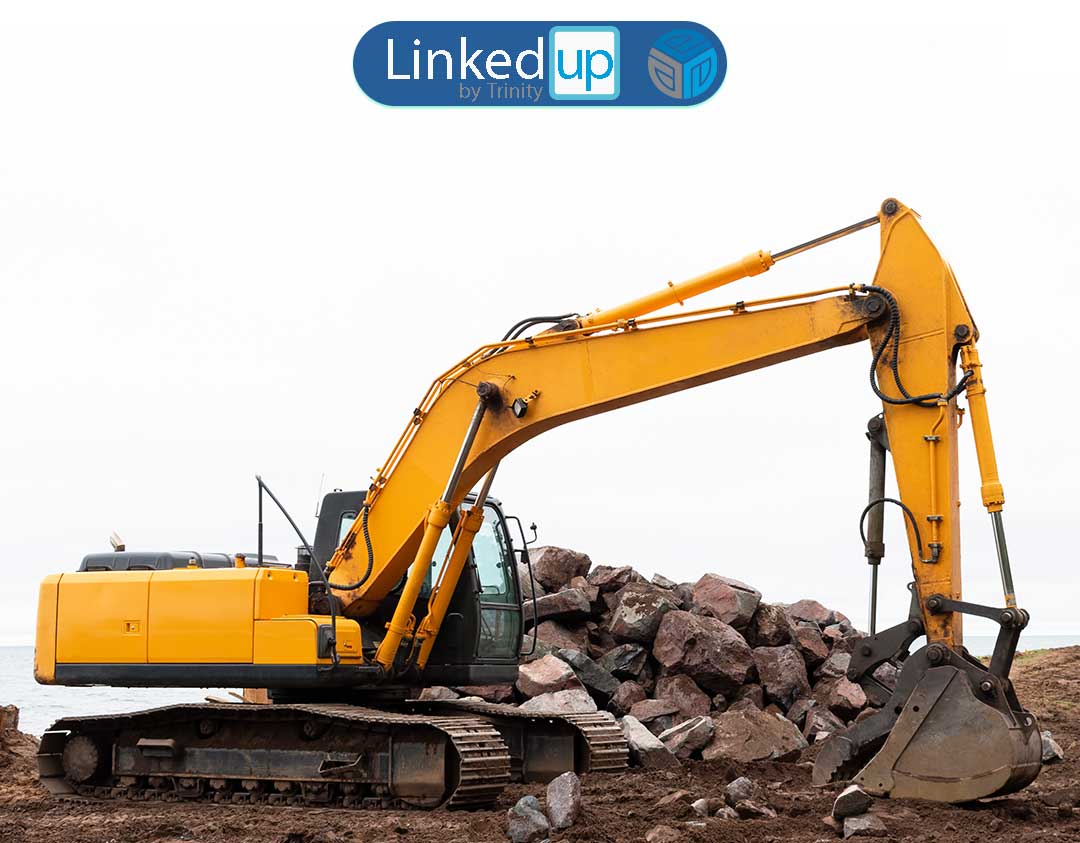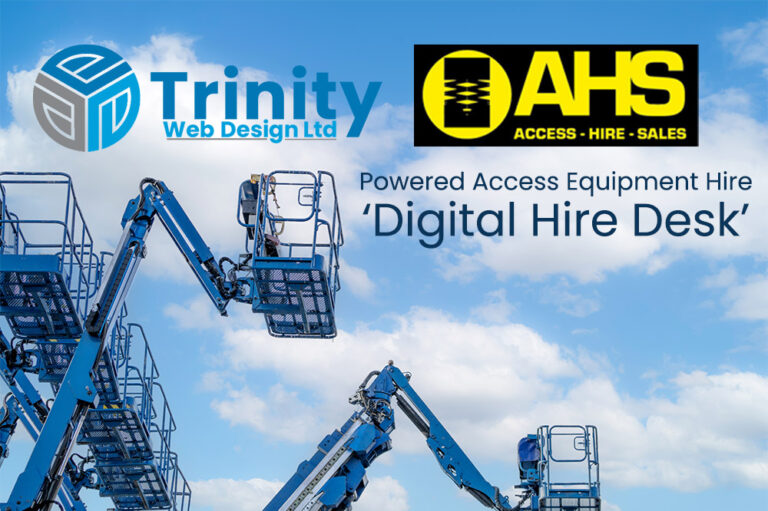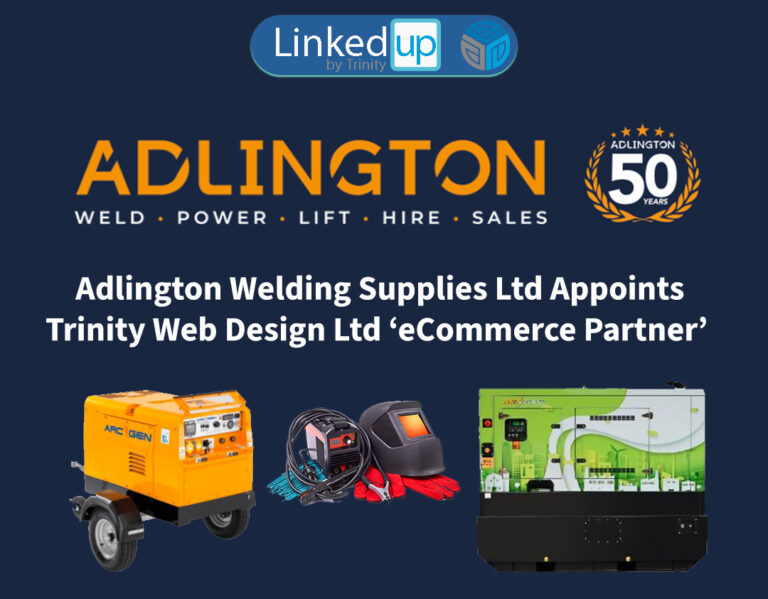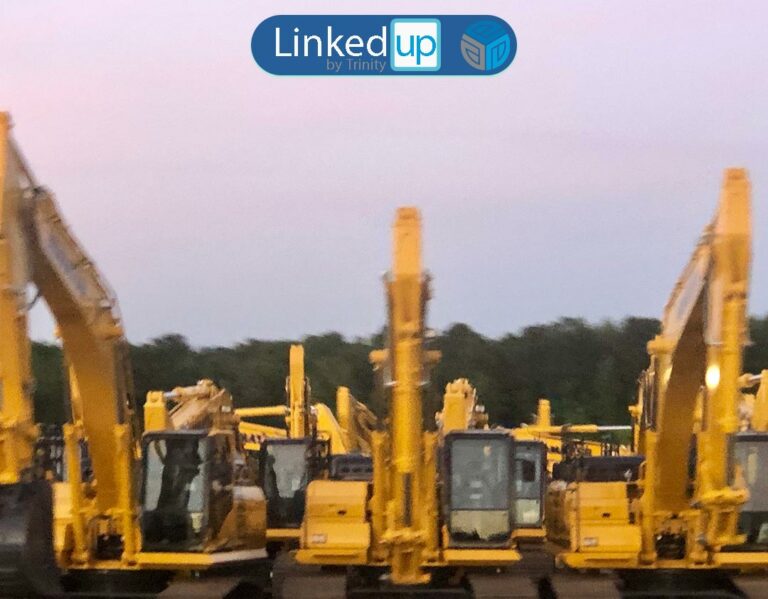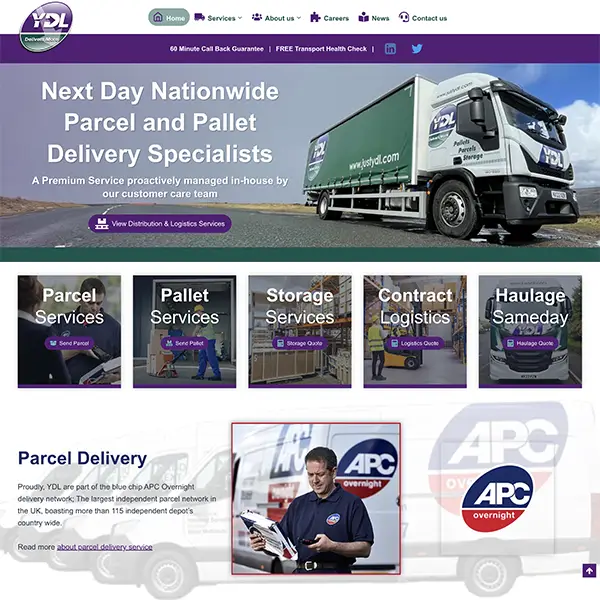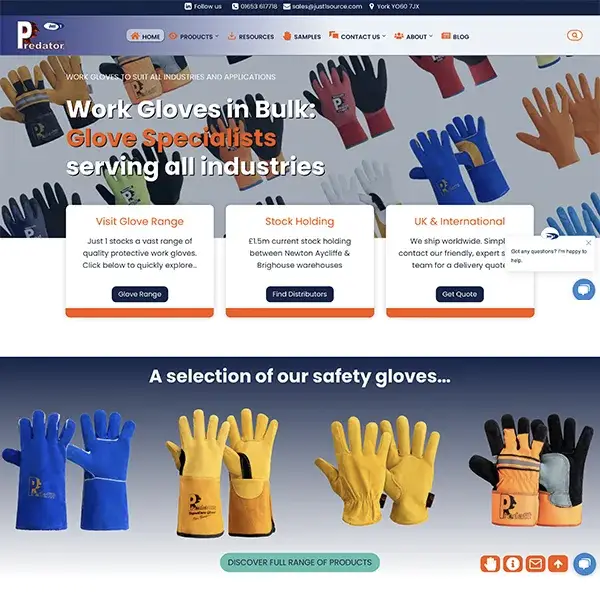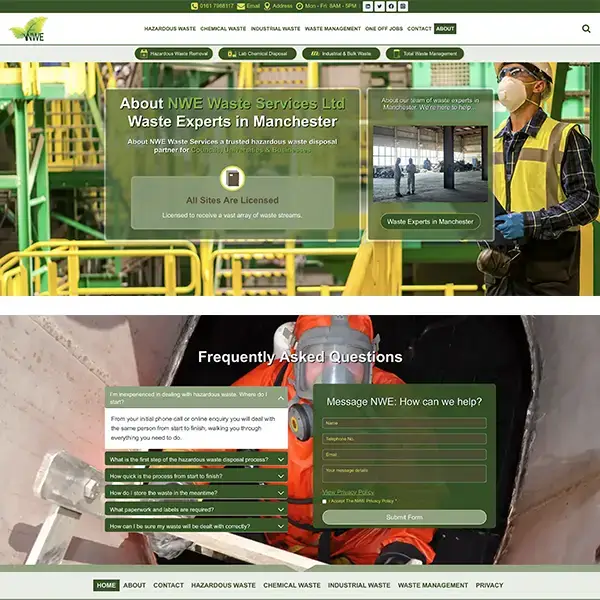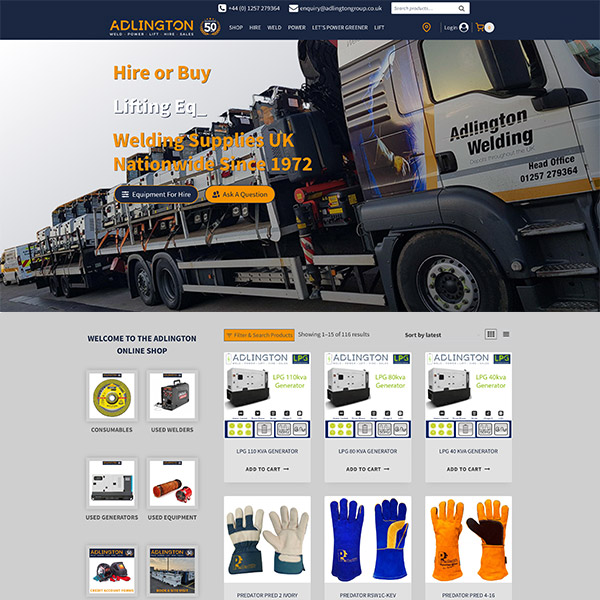Benefit Analysis of Buying ‘v’ Hiring
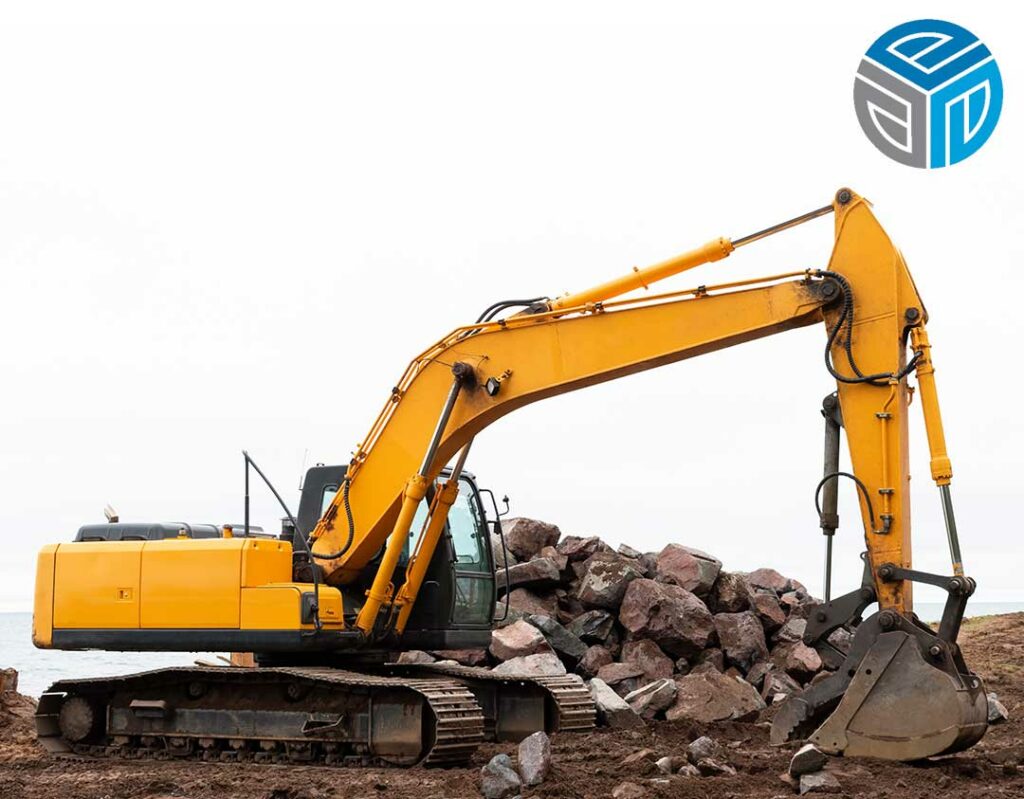
There are several factors to consider when deciding whether to buy equipment or hire it. Here are a few key benefits and drawbacks of each option:
Benefits of buying equipment:
- Ownership: When you own equipment, you have full control over it and can use it as much or as little as you want. This can be particularly useful if you have a specific project that requires a lot of equipment, or if you need to use the equipment frequently over a long period of time.
- Customisation: When you own equipment, you can customize it to meet your specific needs. This can be especially beneficial if you have unique requirements or if you need equipment that is tailored to your business.
- Cost savings: In some cases, buying equipment can be more cost-effective than hiring it in the long run. For example, if you need to use the equipment frequently, or if you can get a good deal on the equipment, you may save money by buying it rather than paying to hire it repeatedly.
Benefits of hiring equipment:
- Flexibility: When you hire equipment, you only pay for it when you need it. This can be beneficial if you only need the equipment for a short period of time, or if you only need it occasionally.
- No upfront costs: Hiring equipment typically requires a smaller upfront investment than buying it, which can be beneficial if you have limited capital or if you are unsure about the long-term viability of the equipment.
- No maintenance costs: When you hire equipment, you typically don’t have to worry about maintenance, repair, or storage costs. The company providing the equipment is responsible for these costs, which can be a significant benefit.
Overall, the decision to buy or hire equipment depends on your specific needs and circumstances. It’s important to carefully consider the costs, benefits, and risks of each option before making a decision.

Here are a few theoretical examples of how the cost of buying versus hiring equipment might play out:
Example 1: A construction company needs a backhoe for a large project that will last several months. The backhoe costs £40,000 to buy and £400 per day to hire. In this case, it might be more cost-effective to buy the backhoe, since the company will be using it frequently over a long period of time. Assuming the backhoe is used for 200 days, the total cost of hiring it would be £80,000, compared to £40,000 to buy it.
Example 2: A small event planning company needs a tent for a one-day event. The tent costs £800 to buy and £160 to rent. In this case, it might be more cost-effective to rent the tent, since the company will only be using it for one day.
Example 3: A restaurant needs a commercial kitchen blender for smoothie production. The blender costs £400 to buy and £40 per month to rent. If the restaurant expects to use the blender for less than 10 months, it might be more cost-effective to rent the blender. However, if the restaurant expects to use the blender for a longer period of time, it might be more cost-effective to buy it.
Again, the decision to buy or hire equipment depends on your specific needs and circumstances. It’s important to carefully consider the costs, benefits, and risks of each option before making a decision.
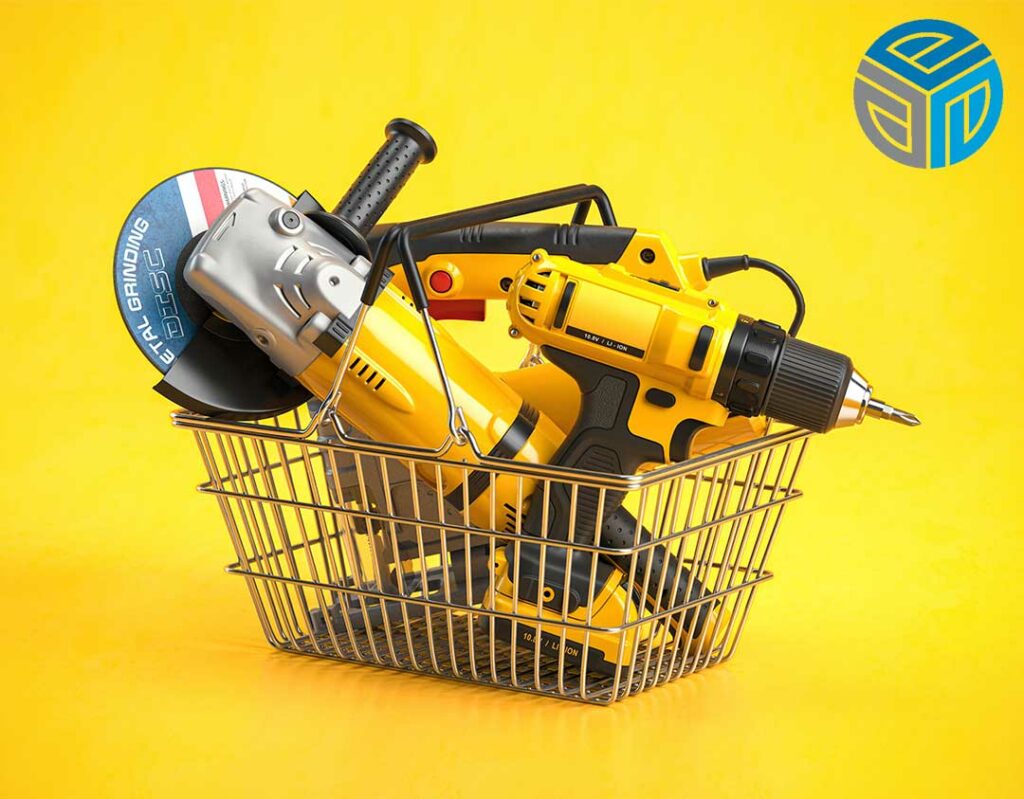
Has the decision to buy or hire changed over the years?
It’s difficult to say exactly how the decision to buy or hire equipment has changed over the decades, as it can vary depending on a variety of factors such as economic conditions, technological developments, and industry trends. However, there are a few ways in which the decision to buy or hire equipment may have changed over time:
- Increased access to equipment rental: In the past, it may have been more difficult or expensive to rent equipment, as there were fewer rental companies or the equipment may have been less readily available. However, in recent decades, the availability of equipment rental has increased, making it easier and more cost-effective for businesses to access the equipment they need on a temporary basis.
- Development of new technologies: As new technologies have developed, the equipment needed to use them may have become more specialized or expensive. This may have made it more practical for businesses to hire rather than buy this type of equipment.
- Changes in economic conditions: Economic conditions, such as interest rates and inflation, can affect the cost of buying and hiring equipment. For example, during periods of economic downturn, businesses may be more likely to hire equipment to save on upfront costs, while during periods of economic growth, they may be more likely to invest in buying equipment.
Again, the decision to buy or hire equipment depends on a variety of factors and can vary widely depending on the specific needs and circumstances of a business.

